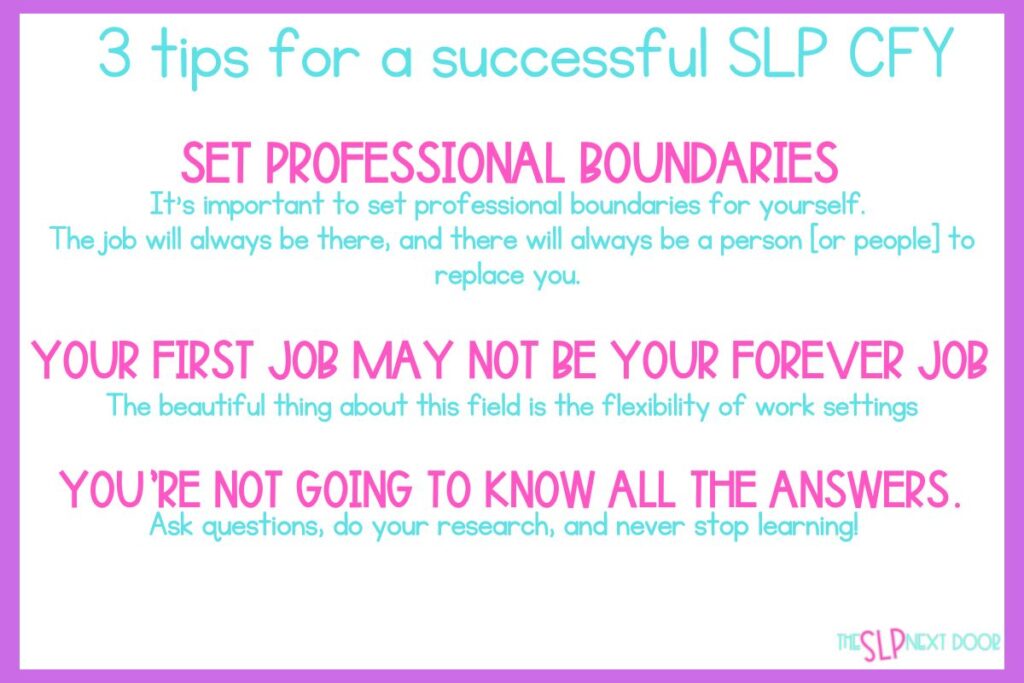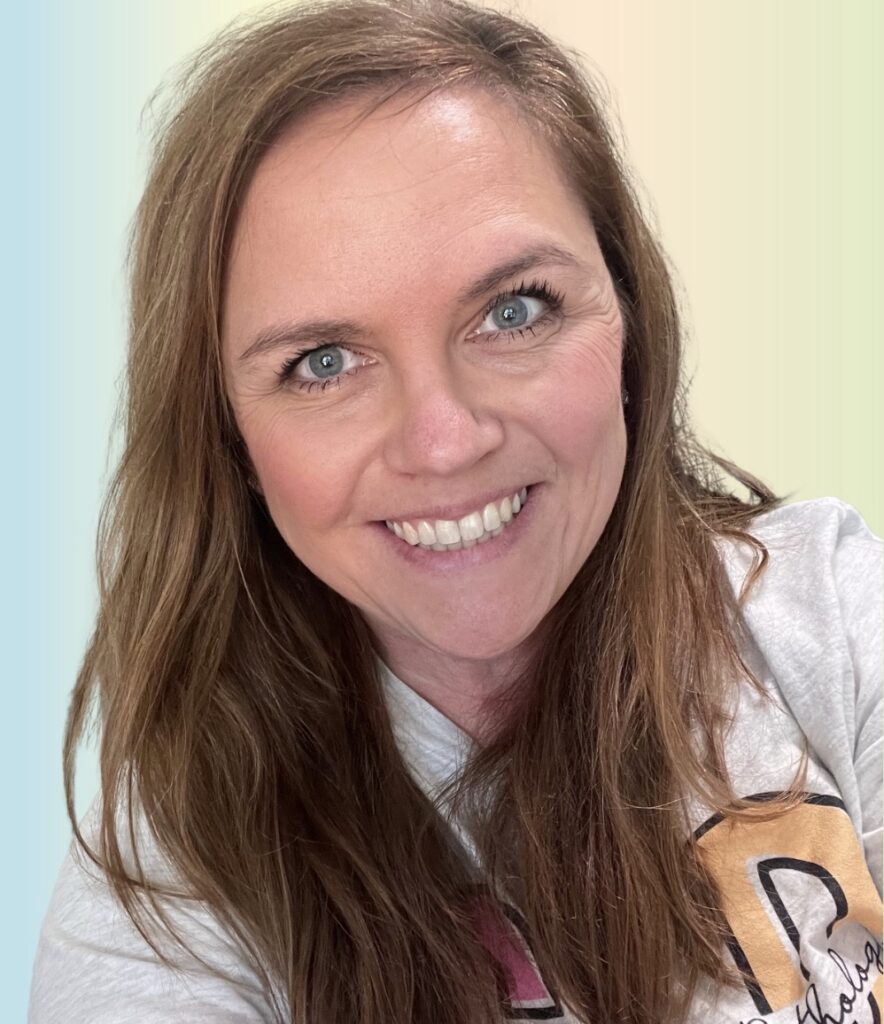I attended over 200 IEP meetings at my SLP CF job out of grad school. Now, I’m about to sound real southern when I talk about this so you’re just gonna have to hang with me.
The world of speech therapy- is small. As in, 6 degrees of separation, small. Where I’m from- it’s real small. In fact, some of the same SLPs that I worked with in the clinic over 10 years ago as a SLPA I now work with in the home health world. You probably already know this, but you’re going to find people that you don’t jive with. You may find yourself in work situations that are less than ideal and will cause you to empathize with 2007 Britney Spears.
There’s been a huge rise in SLPs creating their own businesses, independent of large corporations and … school districts. Do you know why this has happened?
Check out the podcast episode for this blog post!
My SLP CF Job
My SLP CF year, I attended or ran over 200 IEP meetings. I was responsible for a caseload on a (massive) elementary campus and was told that I needed to attend the meetings for the middle school and high school caseload along with all the elementary cases. There was an SLP assistant treating about ¼ of the elementary and middle/high school cases, but I was not his supervisor. He had the same supervisor that I did.
However, because the school district didn’t want to pay extra for said contracted supervisor to attend the meetings, I was responsible for that. It was a nightmare situation, to say the least, and ended very rough. At the end of the year I was obviously short on visits for my caseload, it created an interesting situation and I ended up resigning the district. At the next school job I took, it wasn’t much better. While I wasn’t required to attend all the meetings, I still had a pretty big caseload, 2 campuses, and a lot of stress.
The rise in SLPs becoming their own boss is because of situations like these.
Set Professional Boundaries
As you grow in your career, it’s important to set professional boundaries for yourself. The job will always be there, and there will always be a person (or people) to replace you.
Learning how to advocate for yourself and set professional boundaries is important. Something I love about today’s world, is setting boundaries has become a daily topic of conversation. This wasn’t always the case. There was a time where we just did what we needed to do and “let things slide”. But you don’t have to do that anymore. You can set boundaries for yourself and still be respectful.

Your SLP CF Job May Not Be Your Forever Job
The SLP CF job you accept may not be your forever job. Honestly, it probably won’t be. The beautiful thing about this field is the flexibility of work settings. As a SLP you can work
- independently
- own your own company
- work for a company
- contract or work for a school district
- provide teletherapy
- work in a hospital
- SNF
- clinic
- home-health
- Conduct research
- Teach at a college/university
- Provide supervision, mentorship
Or do more than one! The possibilities in this field are incredible.
Never let yourself feel like you are stuck where you are. Because you’re not. It might be hard to transition out of a situation – or take a while to find a better place to land… but you don’t have to be stuck where you are forever.
You Won’t Know All the Answers
I talked about this several episodes ago. But, friend, there is no possible way that you will always know the answer to every single question or scenario that comes your way. This is a massive field. You’re not going to know everything about everything. It’s normal. Be honest about it and follow through by asking and researching. If, in your research, you find that what you’ve been doing isn’t neurodiversity affirming or you find alternative ways to try something- change it! There’s nothing wrong with changing your therapy sessions to try and make progress. Sometimes, that’s the only way to make progress.
Never Stop Listening and Learning
Take every experience with you and remember what worked and, more importantly, what didn’t. We are all after the same goal: treating our caseload and helping them become the best communicators they can be. Never stop being open to learning new things and listening to other’s ideas.
It all comes back to the golden rule: treat others as you would want to be treated.
Set your boundaries, don’t let yourself feel stuck, be okay with not knowing all the answers, watch out for overwhelm and burn-out, and give back.



